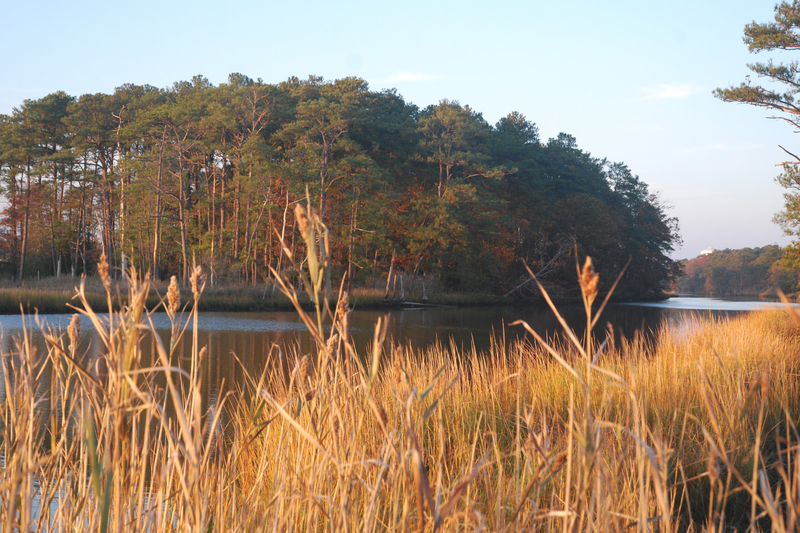Delaware Seashore State Park staff will lead a hike through history at Thompson Island Nature Preserve, one of Delaware’s outstanding natural and cultural resources, at 10 a.m., Saturday, March 12.
While hiking the mile-long trail, participants will explore the history of the island, beginning over 12,000 years ago, and learn how native peoples lived and thrived on this unique piece of land. They will also have the opportunity to identify the plants and animals that call the island home.
This program will meet at the Indian River Life-Saving Station, and participants will be transported to the preserve as a group. This program is $5 per person and preregistration is required as space is limited.
Park staff will offer a nautical flag art program at 1 p.m., Saturday, March 12. The International Code of Signals is a system of signals that mariners use to communicate messages between vessels, typically regarding safety and navigation. The surfmen of the United States Life-Saving Service likely used the code on a regular basis. The first International Code of Signals was drafted in 1855 and consisted of 18 different flags that could communicate up to 70,000 different messages. The code was particularly helpful when language barriers existed between vessels.
The International Code of Signals has gone through a number of revisions over the years, but it is still used today. A series of flags can be displayed to spell out a word or message, or many of the individual flags have specific messages behind them.
In this program, park visitors will learn about the International Code of Signals. Participants will create their own message by painting a series of signal flags on a rustic piece of wood to display in their home or yard. In an effort to recycle and reuse park materials, each piece of wood has been hand cut from old picnic tables from the Delaware Seashore State Park campground.
This program is $20 per person and is suitable for ages 10 and up; preregistration is required. For more information and to register for either program, contact the Indian River Life-Saving Station at 302-227-6991 or go to destateparks.com.




















































